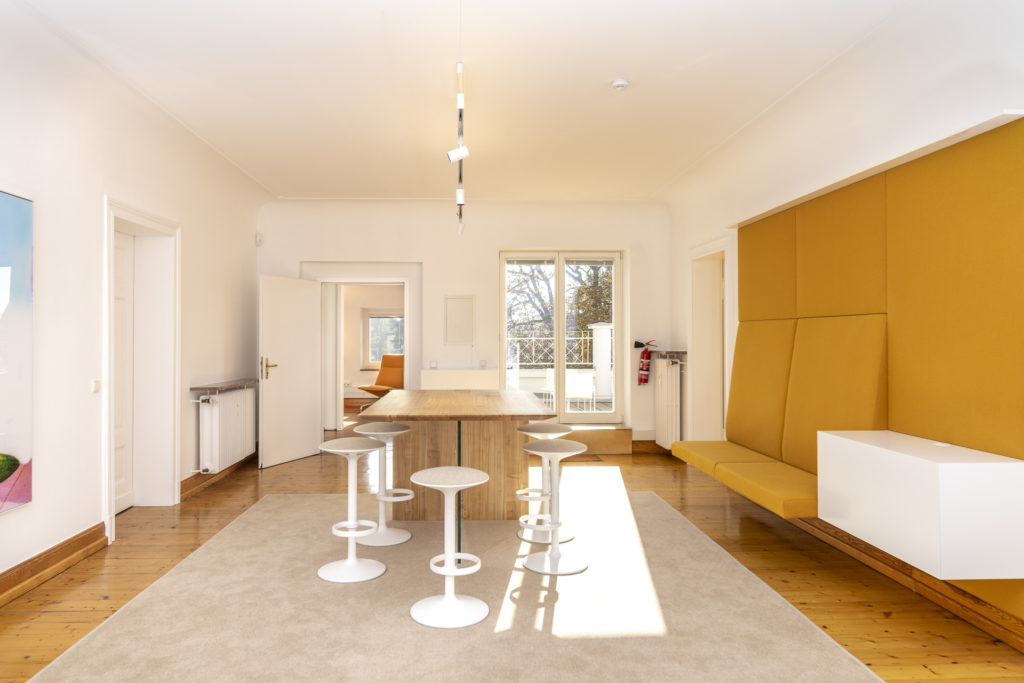Russia’s full-scale aggression against Ukraine was a trigger for challenges to the neutrality status in Europe. Finland and Sweden abandoned their militarily non-aligned status and applied for NATO membership. Denmark decided to abolish the 30-year-old opt-out clause related to EU defense as the outcome of the national referendum. Malta’s and Ireland’s neutrality also sparked public debates. Switzerland declared that the adoption of the EU sanctions does not alter its neutrality in any way. Both Switzerland and Austria signed a memorandum of understanding on joining the German-led initiative Sky Shield aimed at strengthening Europe’s air defenses, denying that their participation would in any way compromise their traditional posture of neutrality.
Discussions about neutrality have also become part of the political debate in the Republic of Moldova, while most of the public opinion is against NATO membership. According to its Constitution, the Republic of Moldova proclaims its permanent neutrality. Because there is no legal description of what Moldova’s permanent neutrality means, its content remains a matter of dispute between various political parties. At the same time, the status of the permanent neutrality of the Republic of Moldova has not received international recognition, which undermines its practical viability.
Thus, this workshop endeavors to bring together experts from academia and think tanks with practitioners from civil society to discuss the development of the neutrality status in Europe. The overall goal of the workshop is to support the effective and inclusive process of European integration of the Republic of Moldova within its internationally recognized borders by providing a comprehensive analysis of the dilemma of compatibility of neutrality status with the EU Common Security and Defence Policy and its ability to guarantee the country’s security in the new realities.
Convener:
Inna Șupac, Fellow, Academy of International Affairs NRW
